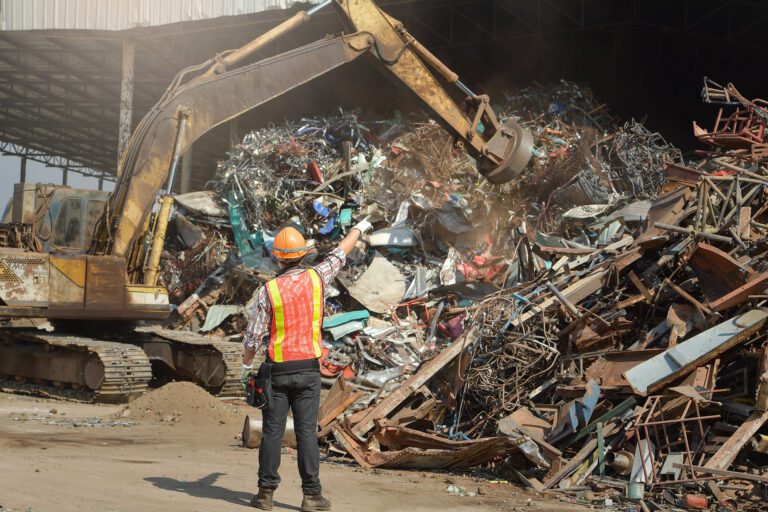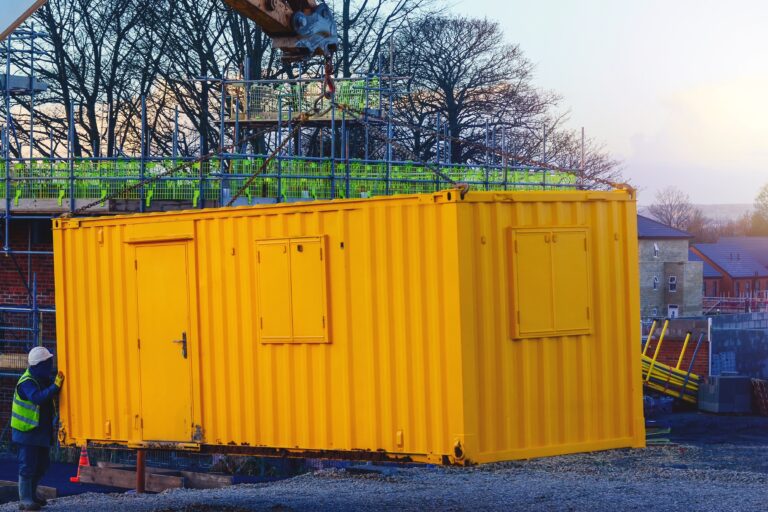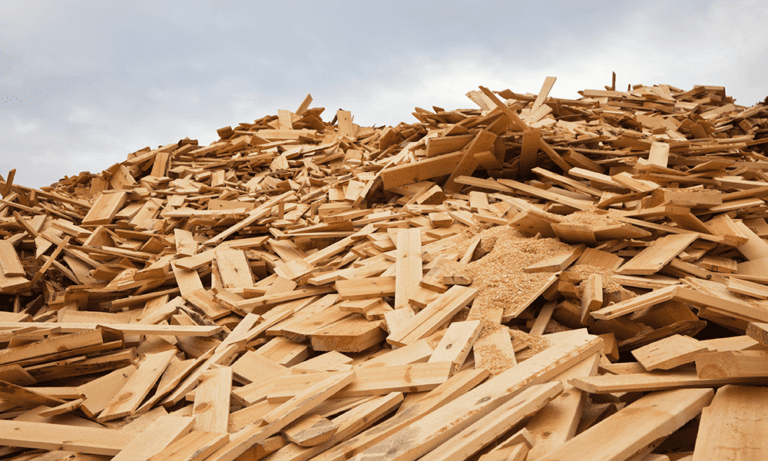8th September, 2023
The Environment Agency Withdraws Regulatory Position Statement 250
With changes in regulations, YardLink are here to help you know what to do.
In a significant development for the construction and environmental sectors, the Environment Agency has made an announcement that will impact many businesses. On 1st September 2023, they withdrew the Regulatory Position Statement (RPS) 250. This change primarily affects a specific category of ‘amber’ waste wood items from buildings constructed between 1950 and 2007. This decision carries implications for how construction projects manage their environmental responsibilities.
What is RPS 250?
Regulatory Position Statements (RPS) are issued by the Environment Agency to provide clarification on how certain regulations and requirements should be interpreted and applied. RPS 250, in particular, has been of great relevance to the construction industry. It concerns the temporary storage of excavated waste materials on construction sites without an environmental permit.
RPS 250 has allowed construction companies to store demolished wood, excavated soil and stone materials on-site without needing an environmental permit, under certain conditions.
Why is RPS 250 Being Withdrawn?
The Environment Agency’s decision to withdraw RPS 250 is not without reason. Environmental regulations and standards are constantly evolving to address the challenges posed by climate change and protect natural resources. As part of this ongoing process, the agency reviews and updates its position statements to ensure they align with current environmental objectives.
Withdrawal of RPS 250 should not necessarily be seen as a negative development. Instead, it reflects the agency’s commitment to environmental protection and a recognition that certain practices may need to be revised to better address sustainability concerns.
Implications for YardLink Users:
YardLink is committed to providing construction companies with reliable solutions and information to facilitate smooth project operations. With the withdrawal of RPS 250, our users will need to adapt their waste management practices to comply with the updated regulations.
A list of materials that can no longer be placed in skips are:
- Barge boards
- External fascia
- Soffit boards
- External joinery (used in wooden windows and conservatories, for example)
- External doors
- Roof timber
- Tiling cladding
- Tiling battens
- Timber frames
- Timber joists
Here’s what YardLink users should consider:
- Stay Informed and Updated: Ensure that your procedures, protocols, and staff are up to date. It’s crucial that your team understands and can implement these changes effectively.
- Limited Impact: Remember that these changes only impact ten specific items from buildings constructed between 1950 and 2007. The hazardous content in these items is estimated to be less than 1% of the waste wood.
- Sample Testing: Businesses have the opportunity to further reduce the volume of affected material by submitting samples for testing. The use of the WRA02 test suite can also help reduce testing costs.
- Share Results: It’s critical that all testing results are shared with the YardLink team. While laboratories should automatically share results, businesses should confirm this to contribute to a broader evidence base.
The withdrawal of Regulatory Position Statement 250 by the Environment Agency is a reminder of the dynamic nature of environmental regulations. It underscores the importance of adaptability and sustainable practices within the construction industry.
At YardLink, we are dedicated to supporting our users in navigating these changes and maintaining the highest environmental standards. As we move forward, let us all work together to embrace greener construction practices and contribute to a more sustainable future. Stay informed, stay compliant, and continue building responsibly.
YOU MIGHT ALSO BE INTERESTED IN















